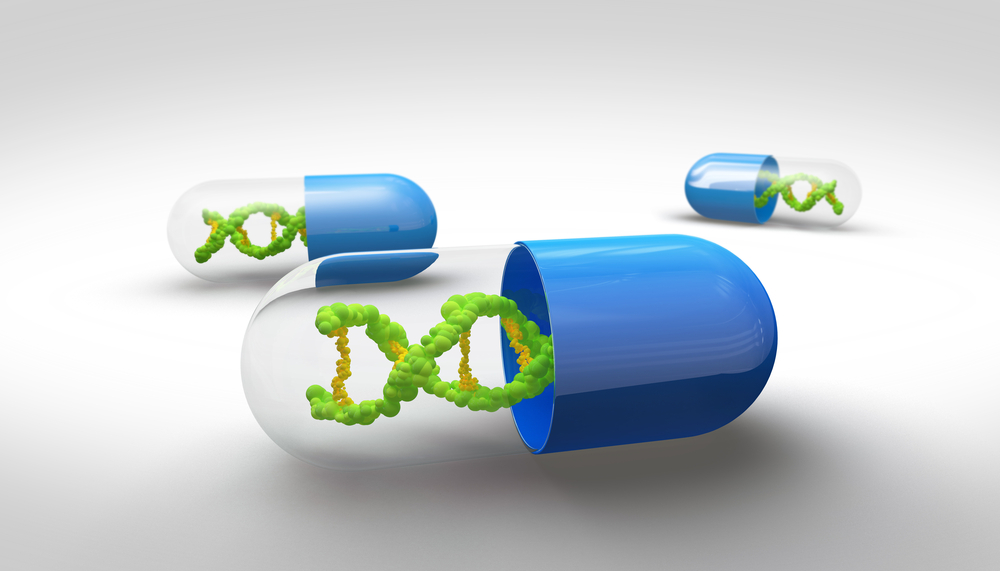First Trial of Potential ALS Gene Therapy VM202 Shows Treatment’s Safety

The investigational gene therapy VM202, developed by VM BioPharma and intended for the treatment of amyotrophic lateral sclerosis (ALS), has been shown to be safe and well-tolerated in a small Phase 1/2 clinical trial, according to data published in the journal Amyotrophic Lateral Sclerosis and Frontotemporal Degeneration.
While the study, sponsored by Korean biotech company ViroMed and its U.S. division VM BioPharma, was not designed to assess the therapy’s effectiveness, researchers said they observed promising results.
“The results of this study demonstrated that multiple intramuscular injections of VM202 were safely administered and well tolerated by patients with ALS,” Jack Kessler, MD, professor of neurology at Northwestern University‘s Feinberg School of Medicine and an investigator of the study, said in a press release.
Meanwhile, ViroMed was recently granted a South Korean patent for the use of hepatocyte growth factor (HGF) protein — the mechanism by which VM202 exerts its action — for the treatment of ALS.
The report, “Open Label Study to Assess the Safety of VM202 in Subjects with Amyotrophic Lateral Sclerosis,” showed that 17 of the 18 participants completed the study (NCT02039401), with none experiencing serious adverse events related to the drug.
Mild or moderate injection site reactions were common, with 26 reactions in 12 participants. Three patients had severe adverse events during the study that were unrelated to the treatment. One patient also died of breathing difficulties caused by ALS progression.
“While the size and design of this study do not allow us to make conclusions about treatment effects, some stabilization of function was observed during the first three months following treatment with VM202, and these encouraging and rare study findings in the previous ALS studies lay the groundwork for future studies to determine the potential of VM202 to alter the long-term course of ALS,” Kessler said.
“The results from this trial will help inform our future research efforts surrounding the potential clinical effectiveness of VM202 in the treatment of ALS,” added Sunyoung Kim, chief scientific officer at ViroMed.
VM202 is a gene therapy that acts by delivering a gene that produces the HGF protein. This factor is a trigger of blood vessel formation and nerve growth. In ALS, researchers inject the therapy into selected muscles with the intent of regenerating both muscles and damaged motor neurons.
In animal models, researchers have observed neuroprotective and regenerative effects of the gene therapy. In ALS patients, reports state that HGF acts directly on motor neuron cells or modulates the activity of nearby neurons, which researchers also believe contribute to the therapeutic effect.
VM BioPharma hopes that the approach can halt ALS disease progression.
The FDA has granted VM202 orphan drug designation and fast track status for the treatment of ALS. In February, the agency also approved an investigational new drug application for a Phase 2 study of the approach.
VM202 is also in development for diabetic neuropathy, critical limb ischemia, non-healing ischemic foot ulcer in diabetic patients, and coronary artery disease.






